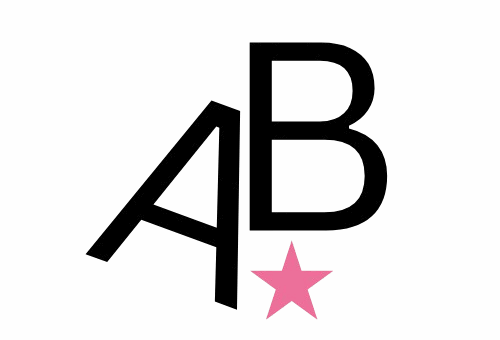Reflection
How has your understanding of Digital Communications & Customer Engagement evolved throughout this project?
Throughout this course I learned many things about digital marketing and its journey. Through the semester we conducted multiple exercises which helped us gain an insight on the backbone of digital marketing strategies. We of course learned, through exercises and the course that the most important part of any marketing campaign lies in the specifics. Clearly stating our targeted customers, our objectives as well as creating scheduled timetables for the campaign are key. We also uncovered a common misconception, which is that digital marketing only pertains to social media posts and influencer sponsorships. Other than specific marketing campaigns we also learned about search engine optimization, organic and sponsored reach of our product or service, and the factors needed to run a successful platform for a brand. We also uncovered concepts such as PPC, CPM and others which were a foreign concept to me at the beginning of the module. While completing this assignment, I got to learn first-hand about all of the previously mentioned components of digital marketing. This challenged me to actually create an engaging website and put into practice all of the theory we learned during the course. My key takeaway is that digital marketing and engagement is more difficult that many people believe it to be, many different layers make up the simple posts we see every day.
Here I used ChatGPT, an AI -generated tool to generate a paragraph about the same content. His key points were the use of the final project, the website which I explained about in the prompt, and how it impacts the user experience. Another key point was the expansion to the traditional idea behind digital marketing, how it encompasses more than just social media advertisement and it isn’t as easy as many people perceive it to be. Here is the AI generated response:
Throughout this course, my understanding of digital communications and customer engagement has significantly deepened, particularly through the practical application of concepts in our final website project. At the beginning, I viewed digital communication mainly as social media posts and newsletters. However, I’ve come to realize it is a much broader and more strategic practice — one that integrates content, usability, brand voice, design, and responsiveness across various platforms. One of the most valuable insights I gained was how central user experience is to customer engagement. Designing a homepage, structuring navigation, creating contact forms, and crafting personalized auto-responses all taught me that digital engagement starts the moment a user lands on a site — and continues through every interaction. I had never considered how much thought goes into the tone of an automated email or the placement of a call-to-action button. The practical project challenged my assumptions about how “easy” digital communication can be. From choosing the right theme that supports forms and widgets, to creating a logo that reflects the brand’s purpose, I learned that every detail plays a role in building credibility and trust online. Overall, this experience has equipped me with a more holistic view of digital communication — one that combines creativity, empathy, and technical understanding.
For the third part of this reflection, I combined my perspective as well as ChatGPT’s AI generated response and refined it into a polished article:
This course has significantly deepened my understanding of digital marketing and communication. Initially, I viewed it mainly as social media posts and influencer campaigns, but I quickly realized it’s a much broader and more strategic field. Through both theory and hands-on projects, I learned that successful digital marketing involves clear targeting, defined objectives, structured timelines, and a strong understanding of platforms like SEO, PPC, and CPM. One of the most valuable lessons was how important user experience is to digital engagement. Creating our final website project helped me see how every detail, from homepage design and navigation to automated email, and how it impacts users’ interaction with the brand. Building a functioning, engaging website pushed me to apply what we learned. Choosing the right theme, designing a logo, and integrating forms and widgets taught me how design and usability build credibility and trust. Overall, this course gave me a more holistic view of digital marketing — one that combines creativity, empathy, and technical skills. It also revealed how much thought and effort go into the digital content we often take for granted.
